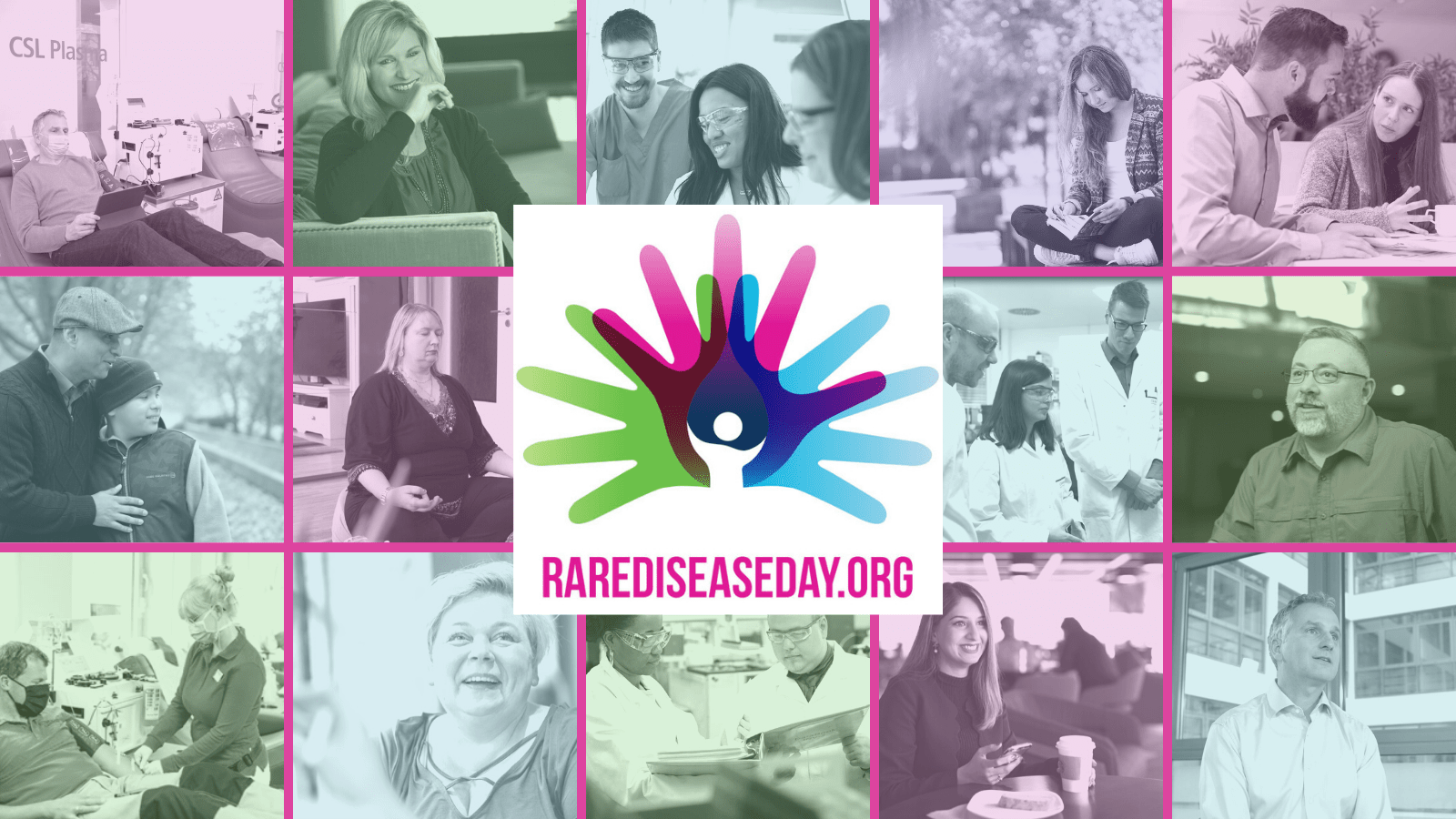Approximately 300 million people all over the world live with a rare disease. 1 This is about five percent of the world’s population. In Germany, approximately four million cases are known,2 which is almost the population of Berlin. Taken together, many people are affected by rare diseases. However, this high total number is made up of many individual fates whose search for the correct diagnosis took many years.
When is a disease considered “rare”?
In the European Union, a rare disease is defined as a life-threatening or chronic condition that affects fewer than five in 10,000 people.2 A total of around 7,000 rare diseases have been identified so far,3 with research continuing to progress. Since only a few people worldwide suffer from a specific rare disease at a time, little is known about many of these rare conditions and their diverse symptoms.
CSL Behring has been committed to helping people with severe and rare diseases for more than 100 years. Our goal is to research and develop innovative therapies to help millions of people around the world.
Plasma donations save lives
Preparations based on blood plasma can help many patients lead a nearly normal and self-determined life. CSL Behring’s research programs therefore focus, among other things, on developing innovative plasma therapies with improved efficacy and greater user-friendliness. However, providing a single patient with such a life-saving therapy requires blood plasma donations from numerous healthy people.
In the video, Dirk Hoheisel, Vice President and General Manager Commercial Operations Germany/Austria/Emerging Europe, explains why blood plasma donations save lives, and provides exciting insights into the complex and elaborate production process of plasma preparations.
28 February 2021: Rare Disease Day
Rare Disease Day takes place every year on the last day of February. Numerous campaigns raise awareness among the public and decision-makers about rare diseases and their impact on the lives of millions of patients.
CSL Behring has been committed to helping people with serious and rare diseases for more than 100 years. For this reason, we are particularly committed to supporting the “Rare Disease Day” initiative not only on the day itself, but also by continuously raising awareness of the needs of those affected by rare diseases.
1EURORDIS, 2021
2Federal Ministry of Health, 2021
3Global Genes, 2021


